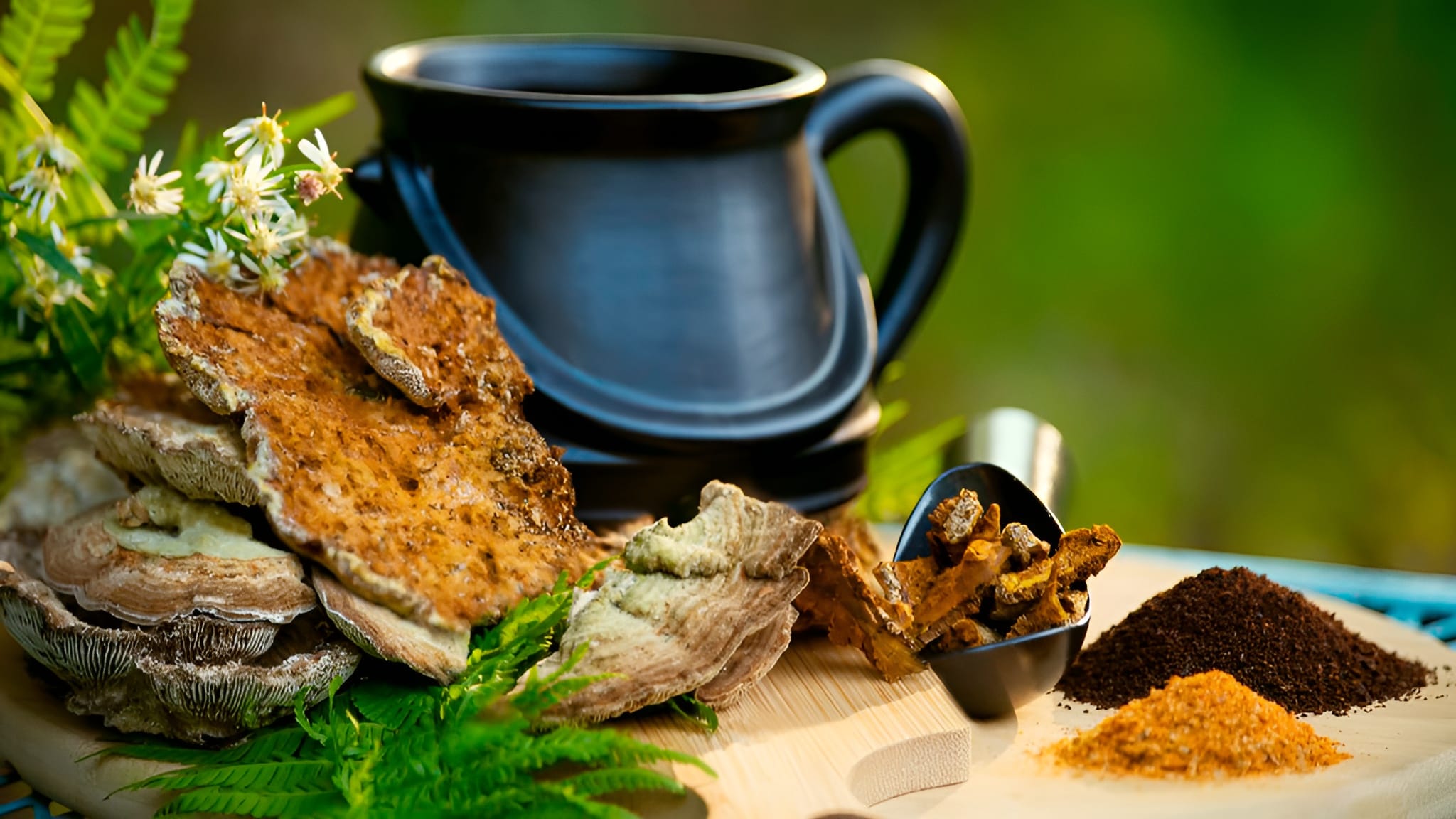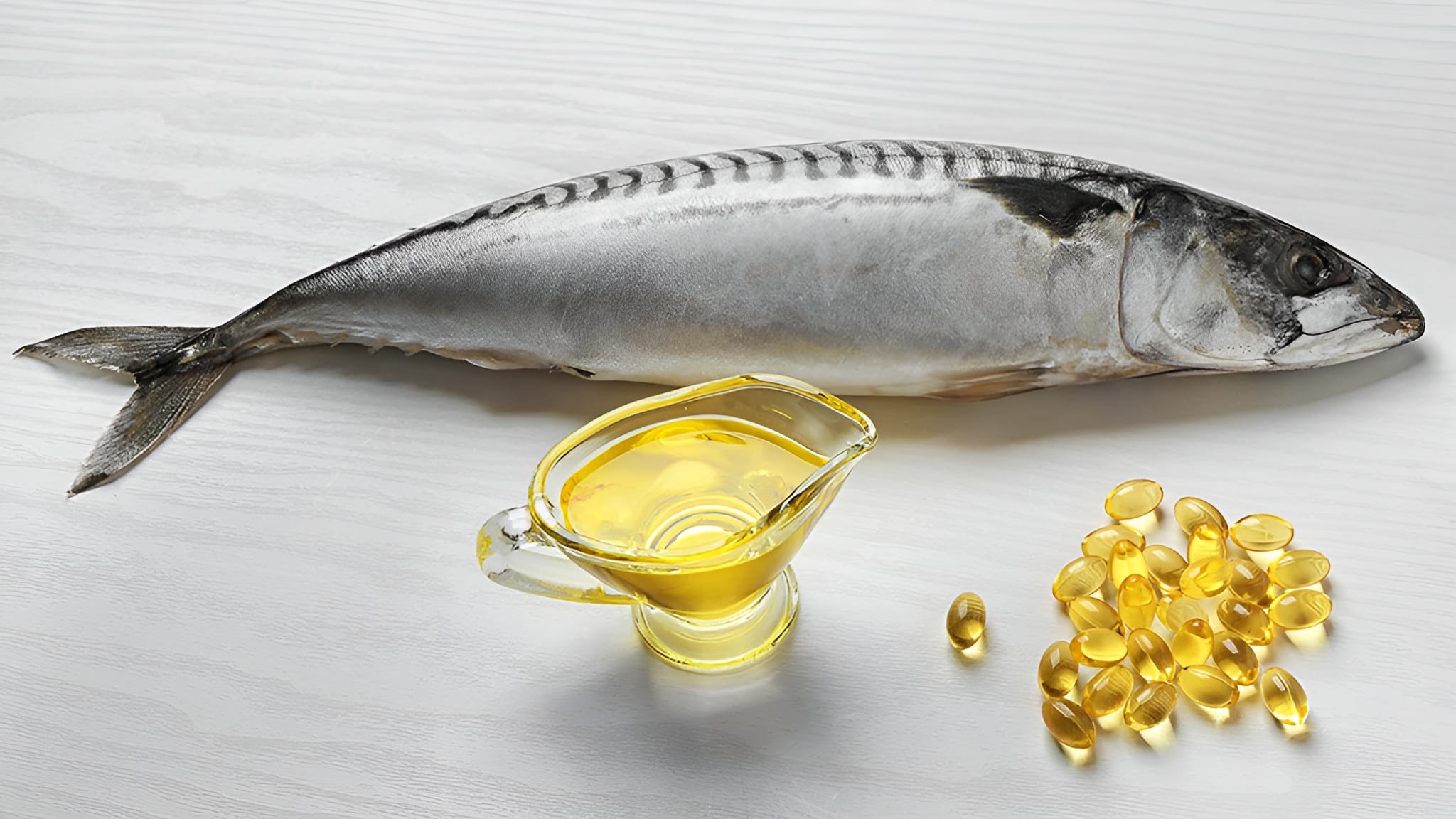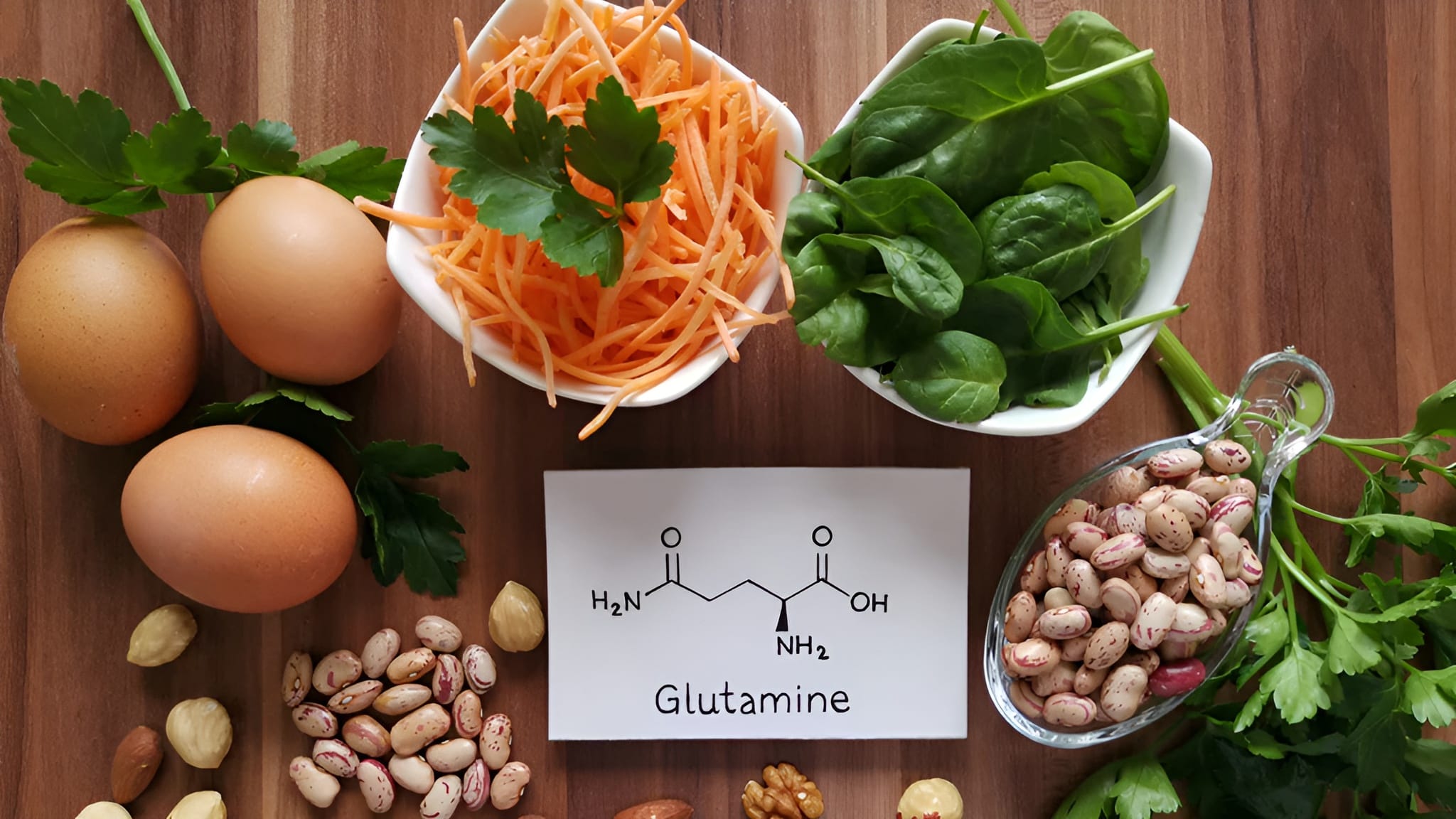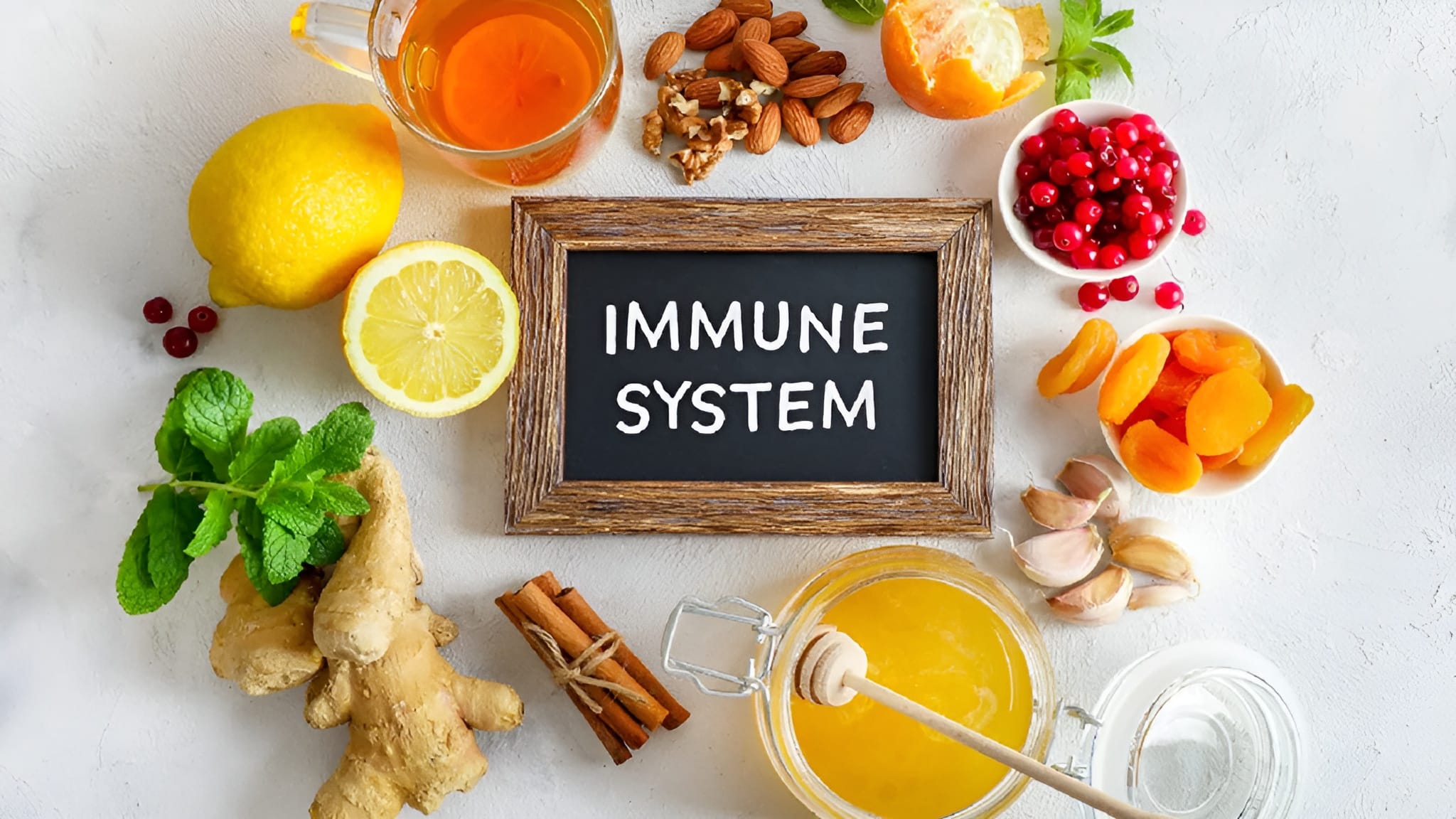Lysine often flies under the radar when discussing immune health, but this essential amino acid plays a vital role in supporting your body’s natural defenses. Unlike some nutrients that our bodies can produce, lysine must be obtained through our diet.
Like Lysine, Glutamine is also an amino acid which contributes heavily to proper immune function.
When we talk about lysine in this article, we’re specifically referring to L-lysine, the biologically active form. So, how exactly does lysine benefit immune health?
Table of Contents
Lysine's Role in Immune Function
Lysine is involved in various processes that contribute to a healthy immune response:
1. Wound Healing and Collagen Formation
When you get a cut or injury, your body goes through a complex healing process that involves clotting, inflammation, cell growth, and tissue rebuilding [1]. Collagen, a protein that acts like a “glue” to hold tissues together, is essential for this process [2].
- Lysine and Collagen Synthesis: Lysine is crucial for collagen formation, and studies have shown that it can accelerate wound healing [3]. Without sufficient lysine, collagen production is impaired, hindering the healing process [4].
Pairing lysine with Omega-3s for inflammation balance may further promote recovery by supporting a healthy inflammatory response and circulation.
Vitamin C is also very important in the wound healing process.
2. Antibody Production and Immune Cell Activity
Lysine plays a vital role in supporting various aspects of immune function:
- Antibody Production: Lysine helps your body produce antibodies, which are proteins that recognize and neutralize harmful invaders like viruses and bacteria. In a clinical trial, individuals who received L-lysine showed increased immunoglobulin (antibody) and lymphocyte activity at infection sites [5].
- Immune Cell Activation: Lysine has been found to enhance the activity of certain white blood cells, equipping them with a strong acid to fight off pathogens [6].
To give your immune cells the cofactors they need, a daily multivitamin with zinc and minerals for immunity can help maintain consistent antibody and immune activity.
3. Mineral Absorption, Especially Zinc
Lysine is essential for the absorption of minerals, including zinc, which is crucial for immune health.
- Zinc and Calcium: Zinc helps the body absorb and retain calcium, which is important for bone health and preventing osteoporosis and heart disease [7].
- Lysine and Zinc Absorption: Studies have shown that lysine binds with zinc in the intestine, facilitating its absorption [8]. Lysine also increases the concentration of compounds that transport zinc throughout the body [9].
Without sufficient lysine, your body’s ability to absorb and utilize zinc is compromised, potentially weakening your immune response.
4. Cold Sore Management
Cold sores, caused by the herpes simplex virus type 1 (HSV-1), can be a recurring nuisance. Lysine has shown promise in managing cold sores.
- Dosage: Repeated doses of over 3 grams of lysine per day have been shown to reduce cold sore symptoms [10].
- Caution: If you have cardiovascular issues, consult your doctor before using high doses of lysine.
Boosting Your Lysine Intake
Lysine is abundant in various protein-rich foods, including:
- Chicken and beef
- Shrimp and fish
- Milk and dairy products
- Potatoes and peppers
- Nuts, seeds, and legumes
For infections and cold sores, topical lysine ointments can also be effective [11].
Support Your Immune System with Lysine
Lysine is an essential amino acid that plays a vital role in supporting various aspects of immune function, from wound healing and antibody production to mineral absorption and cold sore management. Ensure you’re getting enough lysine through your diet or supplementation to keep your immune system strong and resilient.
Stress and mood are strongly tied to immune function. Check out this aticle on vitamins for energy to further enhance your defences.
FAQ
It supports collagen (for tissue repair), helps produce antibodies, and assists white-blood-cell activity—so you heal faster and respond better to bugs.
Yes. Higher daily intakes (often ≥3 g/day in divided doses) may reduce outbreak frequency and severity. Keep episodes short-term and check with your clinician if you have heart, kidney, or liver issues.
It can. Lysine helps bind and shuttle zinc, a key immune mineral—so getting enough lysine may help you get more out of your zinc.
Lean meats, fish, eggs, dairy, soy, legumes, and quinoa. Plant-only diets can run low—consider tracking or supplementing if needed.
For general support, dietary intake or modest daily supplementation is fine. For cold sores or high stress/illness, short-term higher dosing is common—run the plan by your clinician.
Usually well tolerated. Very high doses can cause GI upset; use caution with existing kidney/liver disease and when combining with other amino-acid supplements.
Cites and Sources
No Citations
Show Citations
[1] - Guo, S., & DiPietro, L. (2010). Factors affecting wound healing. Journal of Dental Research, 89(3), 219–229. https://doi.org/10.1177/0022034509359125
[2] - Yamauchi, M., & Sricholpech, M. (2012). Lysine post-translational modifications of collagen. Essays in Biochemistry, 52, 113–133. https://doi.org/10.1042/bse0520113
[3] - Spallotta, F., Cencioni, C., Straino, S., Sbardella, G., Castellano, S., Capogrossi, M. C., Martelli, F., & Gaetano, C. (2013). Enhancement of lysine acetylation accelerates wound repair. Communicative & Integrative Biology, 6(5), e25466. https://doi.org/10.4161/cib.25466
[4] - Campos, A. C., Groth, A. K., & Branco, A. B. (2008). Assessment and nutritional aspects of wound healing. Current Opinion in Clinical Nutrition & Metabolic Care, 11(3), 281–288. https://doi.org/10.1097/mco.0b013e3282fbd35a
[5] - Effects of lysine-arginine association on immune functions in patients with recurrent infections. (1995). PubMed. https://pubmed.ncbi.nlm.nih.gov/7555612/
[6] - Lysine-arginine association and human neutrophil function: enhancement of functions related to microbicidal activity. (1993). PubMed. https://pubmed.ncbi.nlm.nih.gov/8077088/
[7] - Shimomura, A., Matsui, I., Hamano, T., Ishimoto, T., Katou, Y., Takehana, K., Inoue, K., Kusunoki, Y., Mori, D., Nakano, C., Obi, Y., Fujii, N., Takabatake, Y., Nakano, T., Tsubakihara, Y., Isaka, Y., & Rakugi, H. (2014). Dietary L-Lysine prevents arterial calcification in Adenine-Induced uremic rats. Journal of the American Society of Nephrology, 25(9), 1954–1965. https://doi.org/10.1681/asn.2013090967
[8] - Cheng, J., Kornegay, E. T., & Schell, T. (1998). Influence of dietary lysine on the utilization of zinc from zinc sulfate and a zinc-lysine complex by young pigs. Journal of Animal Science, 76(4), 1064. https://doi.org/10.2527/1998.7641064x
[9] - Gibson, Rosalind S, Principles Of Nutritional Assessment (New York, NY, 2005; online edn, Oxford Academic, 31 Oct. 2023), https://doi.org/10.1093/oso/9780195171693.001.0001, accessed 16 Oct. 2024.
[10] - Mailoo, V. J., & Rampes, S. (2017, June 1). Lysine for herpes simplex prophylaxis: A review of the evidence. https://pmc.ncbi.nlm.nih.gov/articles/PMC6419779/
[11] - Mulder, G. D., Patt, L. M., Sanders, L., Rosenstock, J., Altman, M. I., Hanley, M. E., & Duncan, G. W. (1994). Enhanced healing of ulcers in patients with diabetes by topical treatment with glycyl‐l‐histidyl‐l‐lysine copper. Wound Repair and Regeneration, 2(4), 259–269. https://doi.org/10.1046/j.1524-475x.1994.20406.x





